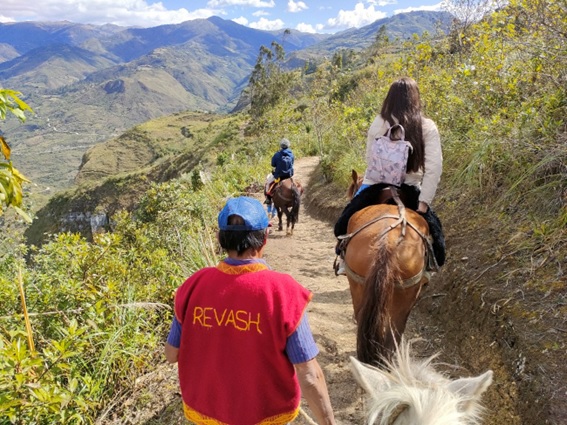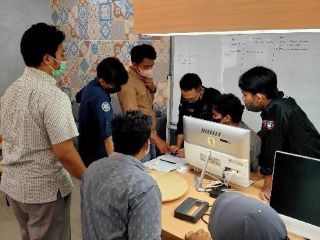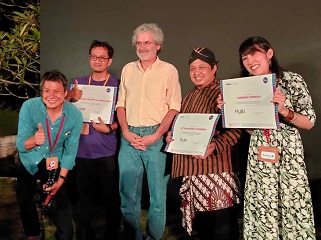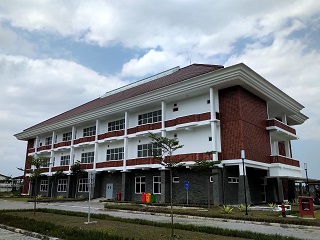
Peru has many heritages of Andean civilizations and the Spanish colonial period country-wide, and the tourism industry based on those rich cultural and natural resources is a precious means to acquire foreign currencies. Upper Utcubamba Valley (UUV) has a great number of cultural landmarks and diverse traditional lifestyles and landscapes, including the Kuelup ruins.
However, as local tourism is less developed, tourism products and services are mal-provided, and COVID-19, earthquakes, and heavy rains negatively hit the local economy. Hence, it is required to develop a sustainable tourism development model which manages both the conservation and utilization of cultural and natural heritage and tourism business development so that the UUV community can benefit.
Based on its 2014 study, JICA has worked on this challenge using the Ecomuseum concept that can effectively balance both cultural and natural heritage conservation and tourism development. After the COVID-19 pandemic settled in the spring of 2022, the project has undertaken pilot activities to engage community members in cultural landscape preservation and tourism promotion. In the latter half of 2023 and 2024, multiple tours have been organized to invite travel agencies, media, and influencers from within Peru to convey the charm of the region. The project is also working on the improvement of the local capacity for managing cultural landscapes and tourism.

In Kulon Progo Regency, Special Province of Yogyakarta, which is the target area of this project, the local government has been focusing on strengthening the quantity and quality of primary production and industrial development since 2017. Gadjah Mada University, based in Yogyakarta, is committed to making more effective use of its intellectual property for regional development under the policy of producing high-level human resources and strengthening industries promoted by the Government of Indonesia.
This project supported the promotion of university-industry-government-community collaboration projects at the university’s Field Research Center (FRC). Specifically, through strengthening the functions of the FabLab established in the FRC, the project promoted open innovation initiatives that will contribute to solving social issues and developing industries in the region.
The project provided technical training on digital fabrication knowledge and technology as well as management, supported the procurement of FRC FabLab equipment and prepared the Guidelines for the use of the equipment, supported the design for PoC (Proof of Concept) in FRC FabLab, and strengthened collaboration between Gadjah Mada University and the local community through FabLab.


